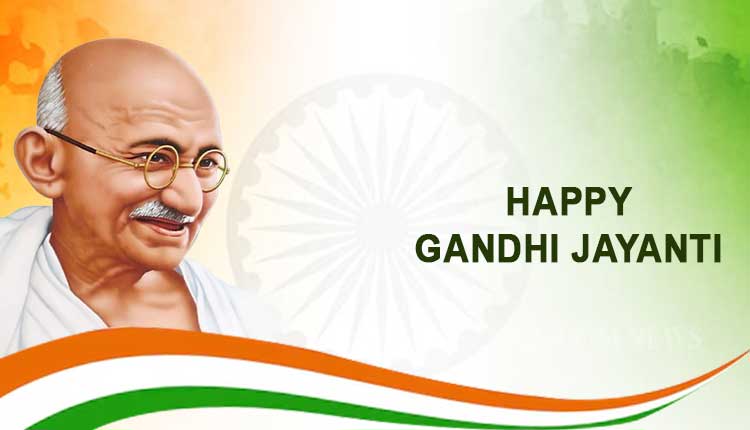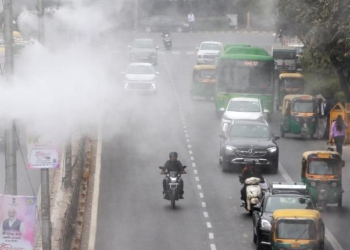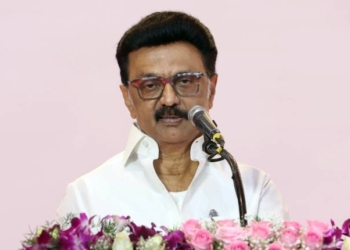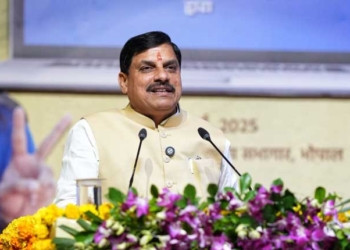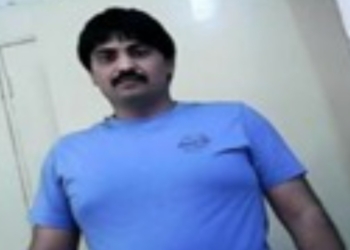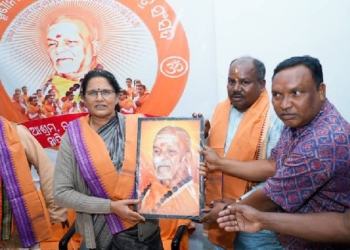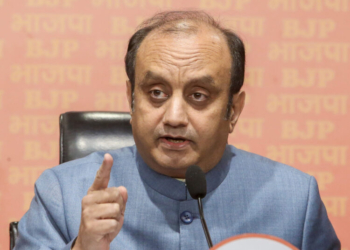Bhubaneswar: Today marks the 155th birth anniversary of Mahatma Gandhi, the Father of the Nation. Celebrated as Gandhi Jayanti, this day holds significance not only in India but also globally as the International Day of Non-Violence.
Gandhi Jayanti commemorates Gandhi’s remarkable life, his philosophy of non-violence, and his tireless efforts to free India from British rule through peaceful protests. Born on October 2, 1869, in Porbandar, Gujarat, Gandhi’s leadership and vision played a pivotal role in India’s independence struggle, ultimately achieving freedom in 1947.
Significance of Gandhi Jayanti
Gandhi Jayanti holds immense importance for Indians, serving as a reminder of Gandhi’s teachings and principles. It’s a day to honour his legacy, implement his values in our lives, and uphold the nation that Gandhi and other freedom fighters fought for. His philosophy, Satyagraha (truth and non-violence), continues to inspire people worldwide, promoting peace, harmony, and peaceful resistance.
Today, on Gandhi Jayanti, Ommcom News sheds light on some fascinating, lesser-known facts about the Father of the Nation, Mahatma Gandhi.
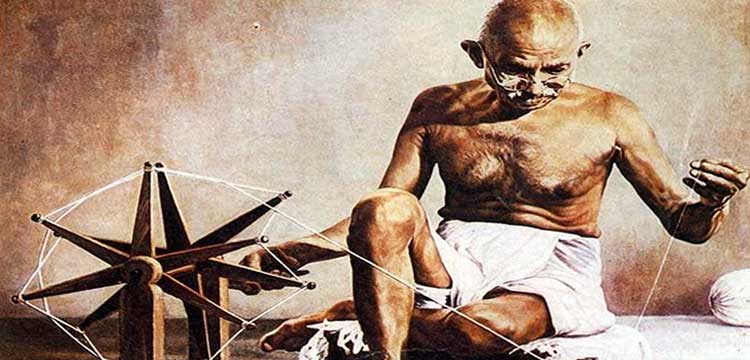
•As a young child Gandhi was very shy and would run home as soon as school ended to avoid talking to anyone.
•The United Nations declared Gandhi’s birthday, October 2nd, as the International Day of Non-violence in 2007.
•Gandhi was nominated for the Nobel Peace Prize five times but never received the award.
•Time Magazine named Mahatma Gandhi Person of the Year in 1930.
•Before taking a vow of celibacy, Mahatma Gandhi had four sons.
•Gandhi was a passionate vegetarian, often cooking his own meals and experimenting with new recipes. He also enjoyed listening to and playing music, particularly devotional songs.
•He shares his birthday with Lal Bahadur Shastri, another prominent Indian freedom fighter.
•At just 13 years old, Gandhi married Kasturba Gandhi, who was 14 at the time. They had four sons before Gandhi took a vow of celibacy for life.
•Gandhi pursued law at the University of Bombay and later graduated from University College London in 1891 ¹. He was known for his poor handwriting, which was often criticized by his law school teachers.
•Gandhi’s funeral procession stretched an impressive 8 kilometres. He was assassinated on January 30, 1948, by Nathuram Godse.
•Gandhi got his start as an activist in South Africa, not India.
• Gandhi’s father was Hindu by religion and Modh Baniya by caste.
•He was the youngest child of his parents. He had 2 brothers and 1 sister.
• The country against whom he fought for India’s Independence, Great Britain, released a stamp honouring him, 21 years after his death.
•Gandhi’s image appears on all denominations of Indian rupees printed since 1996. His funeral procession was attended by over 1 million people, and his epitaph reads “Oh God,” reportedly his last words.




